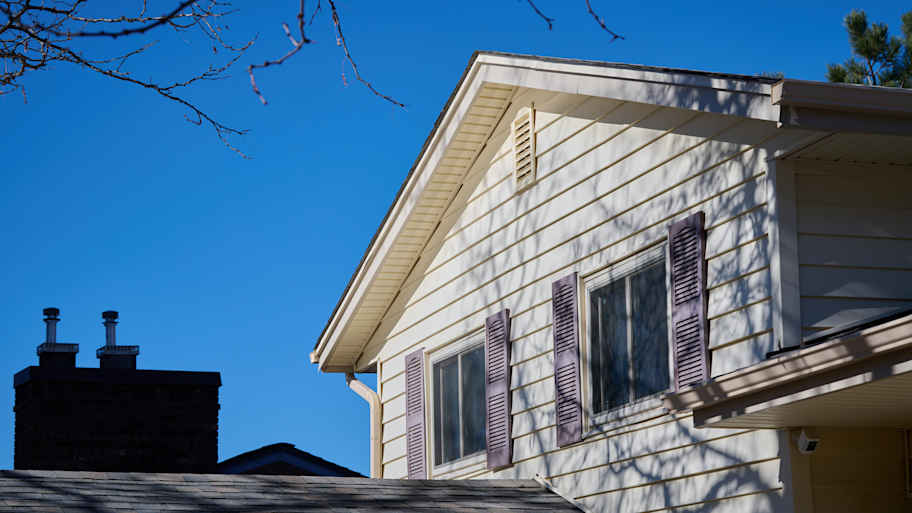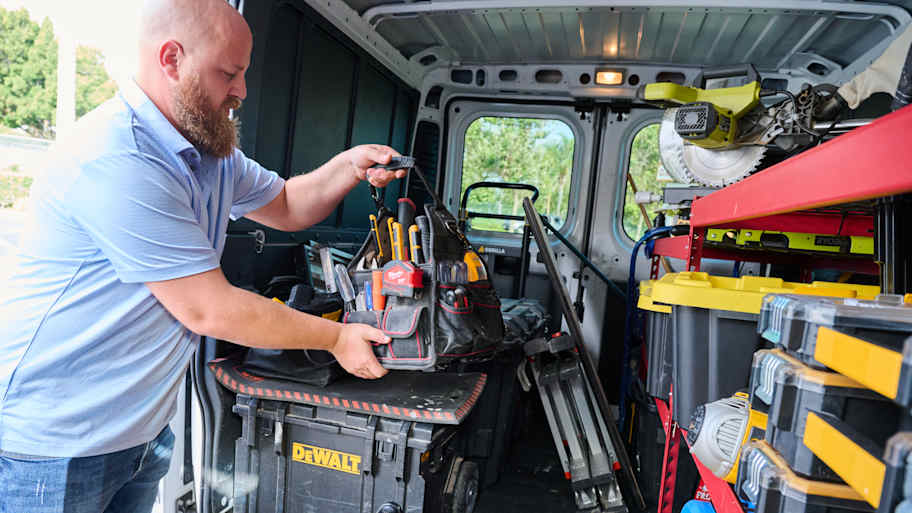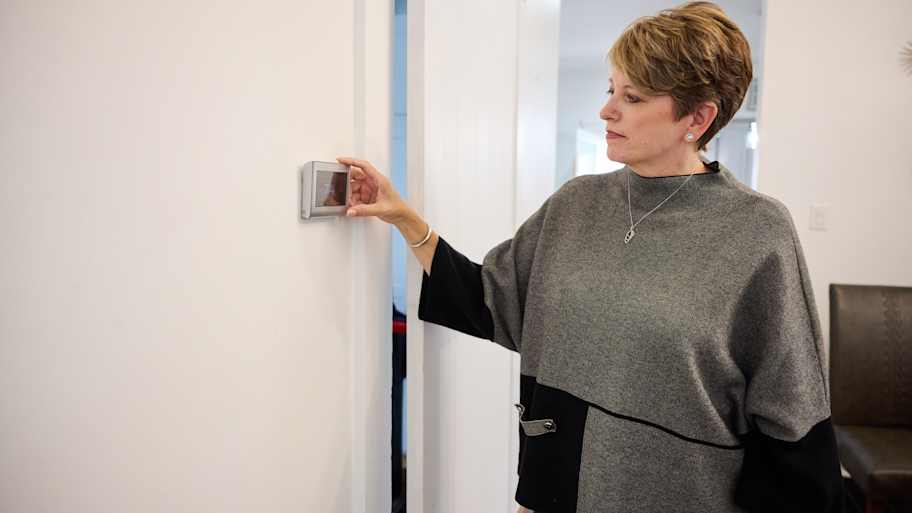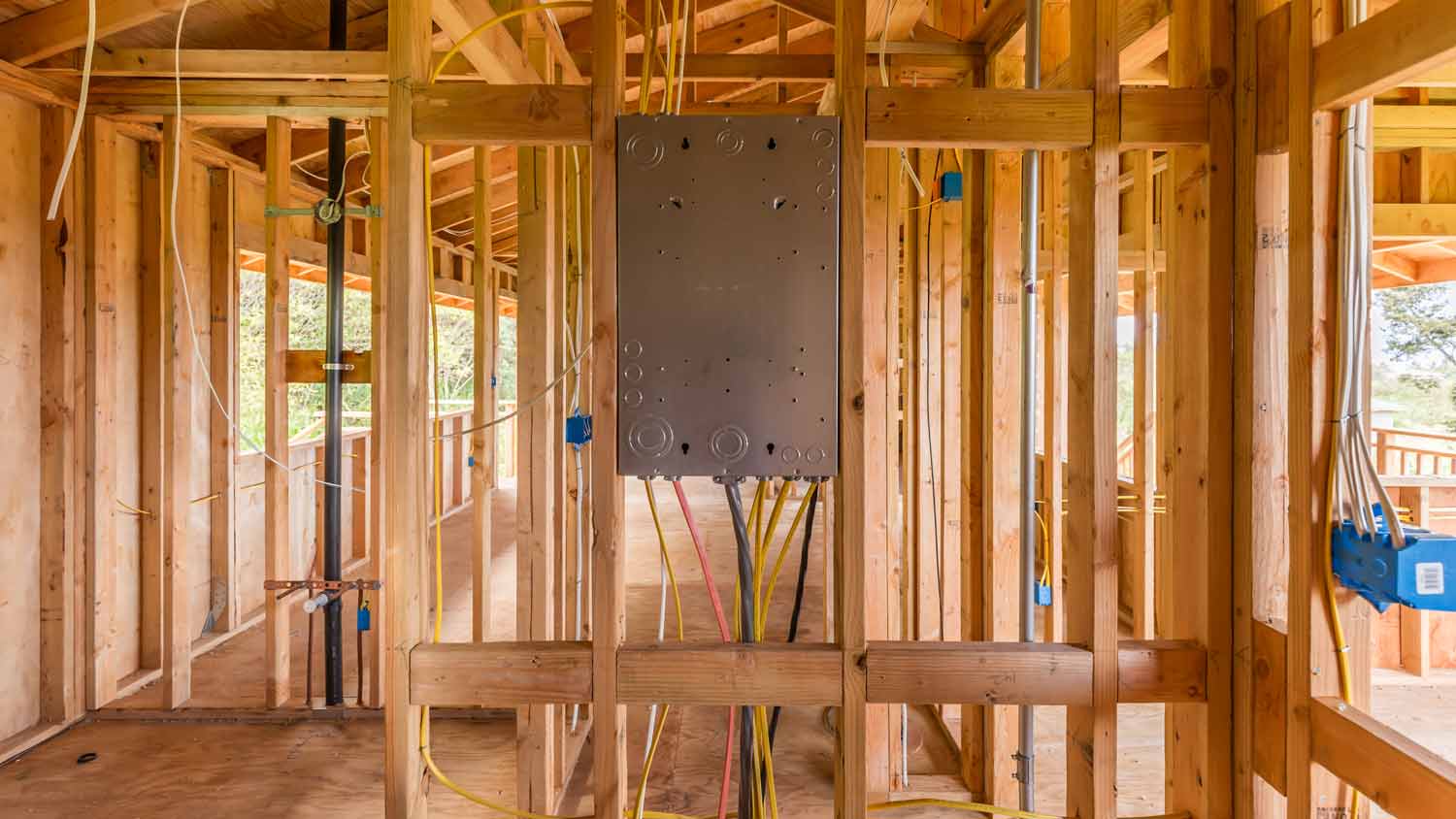2025 Cost to Install an Outlet in an Unfinished Basement
The cost to install an outlet in an unfinished basement is $240, on average, and most projects will fall between $150 and $450, depending on the type of outlet, your existing electrical system, and more.


It usually costs $150 to $450 to install an outlet in an unfinished basement, and most of that has to do with labor. Outlets are generally inexpensive—even the kind you need to meet code in an unfinished basement—but the average electrician charges $40 to $100 per hour. Prices can sit as low as $80 and reach up to $3,500, depending on your location and any additional services you need.
Cost Factors
A few things can significantly impact your outlet installation costs, so you should consider all of the following to get the most accurate estimate possible.
Type of Outlet
The most common type of electrical outlet for unfinished basements is GFCI outlets, or ground fault circuit interrupter outlets. These outlets will trip and stop the flow of electricity if a dangerous amount is being pulled from whatever is plugged in. Building codes require these outlets in areas where outlets are at risk of coming in contact with water, like bathrooms, kitchens, and unfinished basements that can flood.
Installing a GFCI outlet in an unfinished basement costs $240, on average. You could spend as little as $80 if you already have GFCI outlets and need to add a standard outlet to a related circuit, and prices can increase up to $600 if you need a high-voltage outlet for a dryer.
| Outlet Type | Installation Cost |
|---|---|
| Standard outlet | $230 |
| Smart outlet | $275 |
| GFCI outlet | $240 |
| High-voltage outlet | $240 |
Number of Outlets
You’ll incur a trip fee from your electrician for any visit they need to make to your home, which accounts for a portion of your electrician’s labor costs. If you install multiple outlets at once, that trip fee won’t change, which means the cost of each outlet will decrease a bit. Additionally, most professionals will slightly discount the per-outlet cost if you guarantee more work. Ultimately, the more outlets you install in your unfinished basement, the less you’ll pay per outlet.
| Number of Outlets | Cost Per Outlet |
|---|---|
| 1 | $240 |
| 5 | $230 |
| 10 | $210 |
Location
The material costs for outlet installation fall between $15 and $30, which means the majority of your total will go toward labor. Labor costs will vary by location based on the local cost of living, so you can expect to pay more to install an outlet in an unfinished basement in major metropolitan areas and states with a higher cost of living.
| State | Cost Per Outlet |
|---|---|
| California | $350 |
| Florida | $250 |
| Georgia | $220 |
| Illinois | $230 |
| Michigan | $220 |
| New York | $300 |
| North Carolina | $230 |
| Ohio | $230 |
| Pennsylvania | $230 |
| Texas | $220 |
Additional Electrical Work Needed
Installing a single outlet may seem like a straightforward job, but in some cases, you’ll need additional electrical work to support the added load on your electrical system, which will drive up the cost.
For example, if you’re installing a high-voltage outlet for a dryer or if your existing main panel is already at its maximum capacity, you’ll need to install a subpanel. Installing a subpanel costs an average of $1,200 but can reach up to $3,500, depending on how far it is from your main panel and the size of the subpanel you need.
If you plan on eventually finishing your basement and adding electrical outlets and switches to the finished space, you may also need to install a subpanel to support future needs.
Permits
Most electrical work requires permits, which come with filing fees. Electrical permits for installing an outlet in an unfinished basement cost $50 on average. Your local electrical repair professional will likely include this line item in their initial estimate but double-check before proceeding to avoid surprise fees.
DIY Outlet Installation vs. Hiring a Pro
Replacing an outlet is something a DIYer could feasibly do themselves, although it comes with some risks. On the other hand, installing an outlet where one didn’t previously exist is not a job for a DIYer. Not only is working with electrical components extremely dangerous, but it’s also illegal in most areas to do your own electrical work. Even if it’s not, you risk voiding your homeowner’s insurance coverage if something goes wrong and a fire occurs.
In all cases, it’s worth it to hire a local electrician to do the job safely. A professional will also be familiar with the local building code, so they can help ensure your new outlet is legal and won’t cause issues with home resale down the road.
Cost of Common Add-On Services
While you’re budgeting for the cost to install an outlet in your unfinished basement, you may want to consider the following add-on services to get the most out of the space.
Cost to install a sump pump: $300–$750
Cost to install washer and dryer hookups: $350–$1,150
Cost to install a washer and dryer: $50–$175 (for labor only)
Cost to finish a basement: $15,000–$75,000
Cost to install a light fixture: $150–$1,000
Cost of drywall installation: $980–$3,200
Cost to replace an electrical panel: $520–$2,150
Cost to upgrade to a 220-amp electrical panel: $1,200–$2,000
How to Save Money On Outlet Installation
Installing an outlet in an unfinished basement can get quite expensive, sometimes reaching up to $3,500. Here are a few tips to help you keep your costs as low as possible.
Splurge on a subpanel installation now: Installing a sub panel to support your new outlet will add significantly to your total, but if you plan on adding additional outlets in the future—especially if you’re finishing your basement—you’ll save some money in the long run by having the work done up front. Otherwise, you’ll have to pay to disconnect the outlet and route it to the new subpanel in the future.
Couple the job with other projects: Most electricians will discount individual line items like outlet installation if you guarantee them other work at the same time. Think about other electrical projects you have or might have in the future and save some money by having them all done at once.
Buy the materials yourself: You could save $10 to $20 on the outlet and the wiring if you buy them yourself rather than having your electrician pick them up, as some professionals upcharge materials.
Choose a licensed electrician: You could significantly cut costs by hiring an apprentice or a handyperson to install an outlet for you, but this isn’t a good idea. Always hire a fully licensed and insured electrician to complete the work to avoid issues with permits and legality, as well as to reduce the risk of electrical problems in the future.
How Angi Gets Its Cost Data
Home is the most important place on earth, which is why Angi has helped more than 150 million homeowners transform their houses into homes they adore. To help homeowners with their next project, Angi provides readers with the most accurate cost data and upholds strict editorial standards. We extensively research project costs to develop the pricing data you see, so you can make the best decisions for you and your home. We rely on reputable sources, including the U.S. Bureau of Labor Statistics, academic journals, market studies, and interviews with industry experts—all to ensure our prices reflect real-world projects.
Want to help us improve our cost data? Send us a recent project quote to costquotes@angi.com. Quotes and personal information will not be shared publicly.
Frequently Asked Questions
Most professionals can install an outlet in an hour or two, depending on how accessible the area is and what kind of outlet you need. However, your pro could take two to three hours if the job requires installing a subpanel to connect the outlet, as this complicates the installation a bit.
Yes, the National Electric Code requires at least one GFCI outlet in an unfinished basement to run a sump pump in case the basement floods. If you have multiple outlets in your unfinished basement, each of them must be a GFCI outlet. Standard outlets are permitted in finished basements, although each dedicated circuit must still contain at least one GFCI outlet.
The National Electric Code requires at least one GFCI outlet in each sectioned-off portion of a finished or unfinished basement and at least one GFCI outlet per circuit in a fully finished basement. There may be additional codes based on your local municipality and building department. A licensed electrician in your area will be familiar with the requirements and can ensure your home is up to code.



.jpg?impolicy=leadImage)

- Home Generator Repair
- Lamp Repair
- Electric Repair
- Generator Installation
- TV Antenna Services
- Emergency Electricians
- Commercial Electricians
- Attic Fan Installation
- Attic Fan Repair
- Exhaust Fan Installation
- Electric Inspectors
- Subcontractors
- Electrical Construction
- EV Charger Installer
- Chandelier Installation
- Doorbell Installation
- Bathroom Fan Installation
- Ring Installers
- Electrical Panel Upgrade















